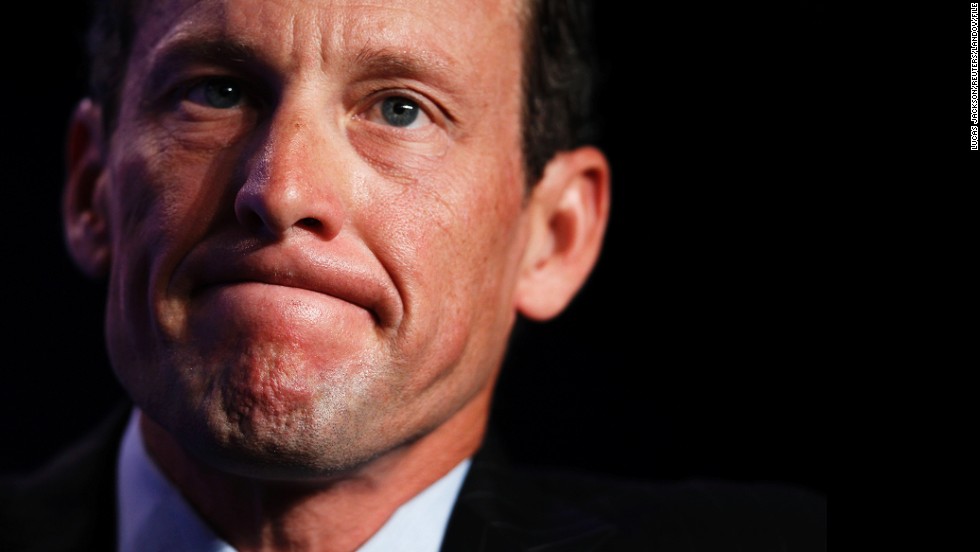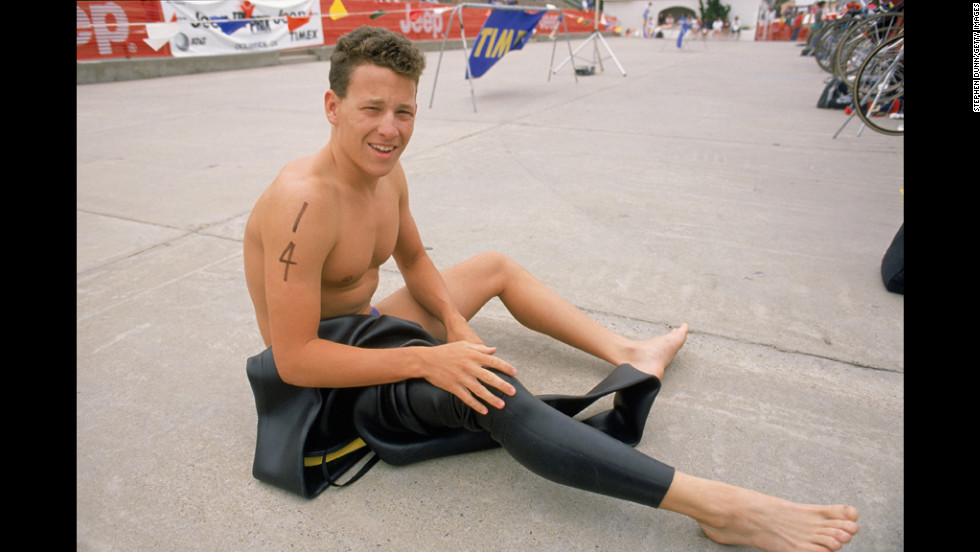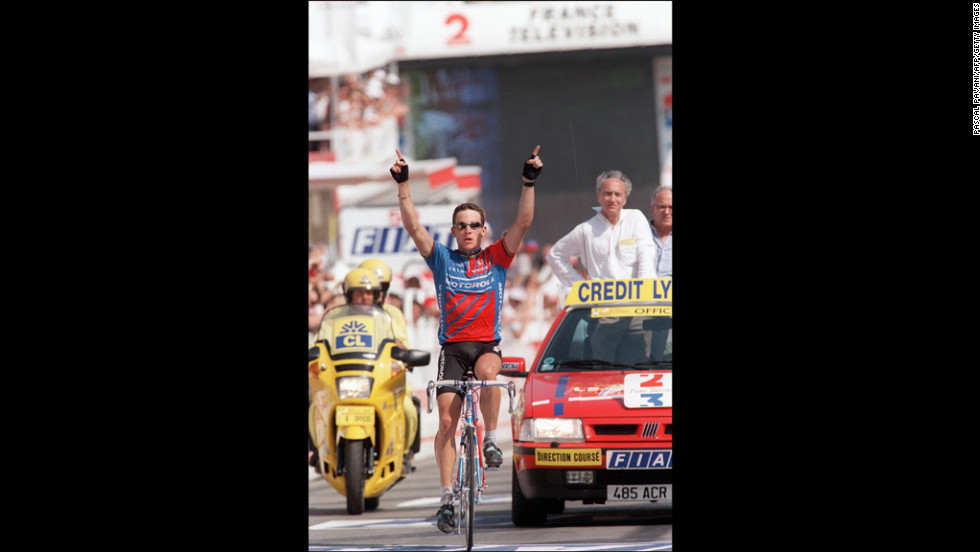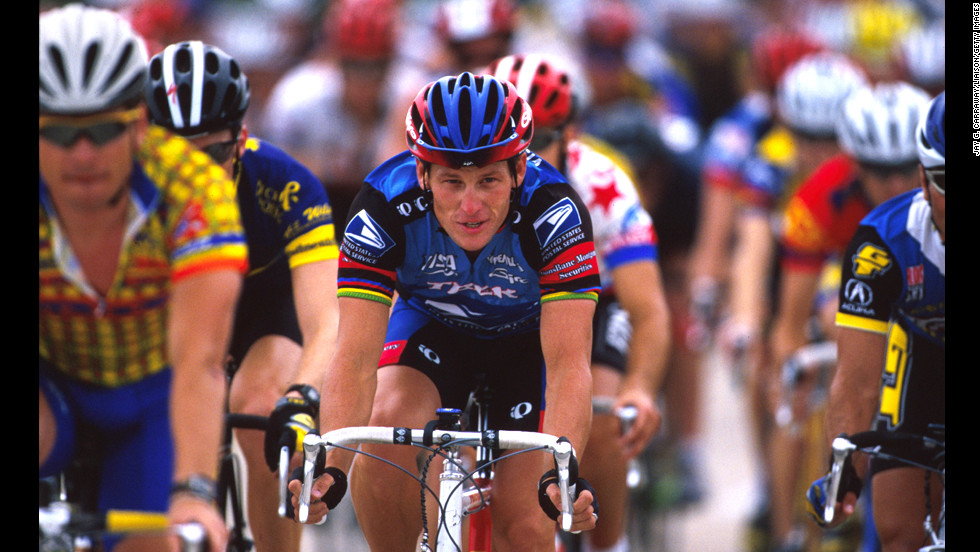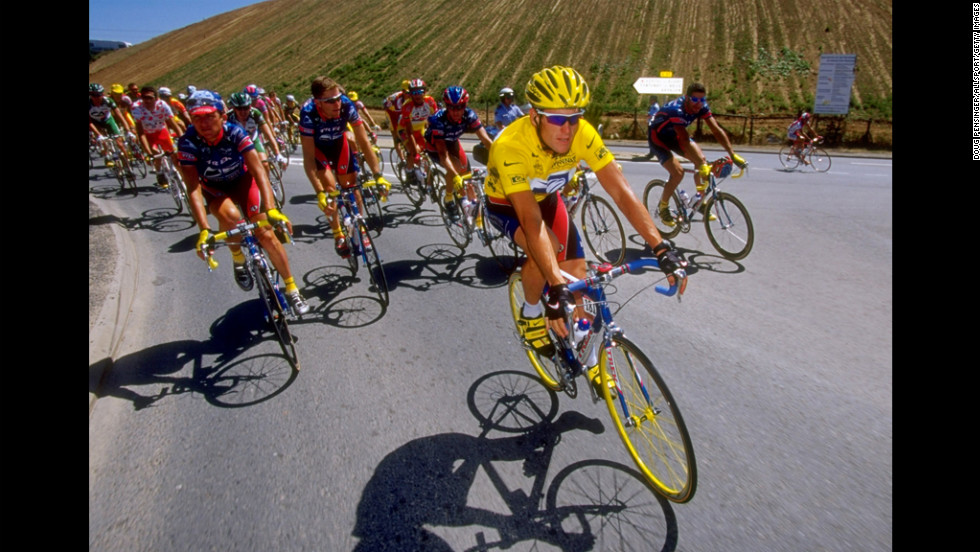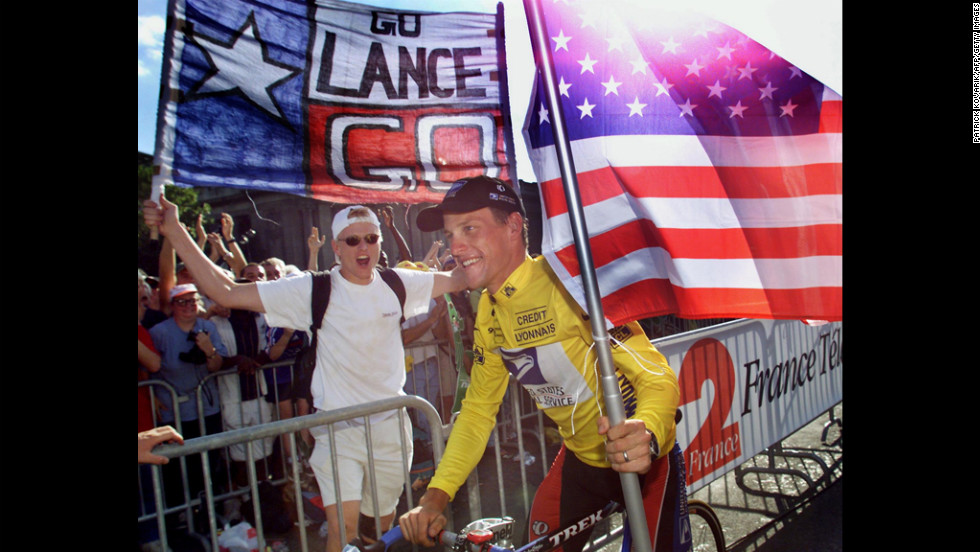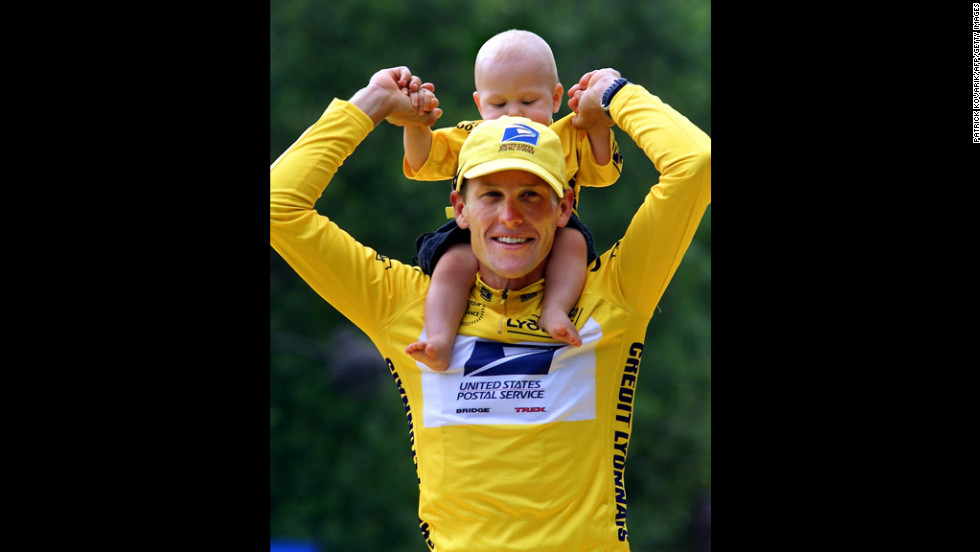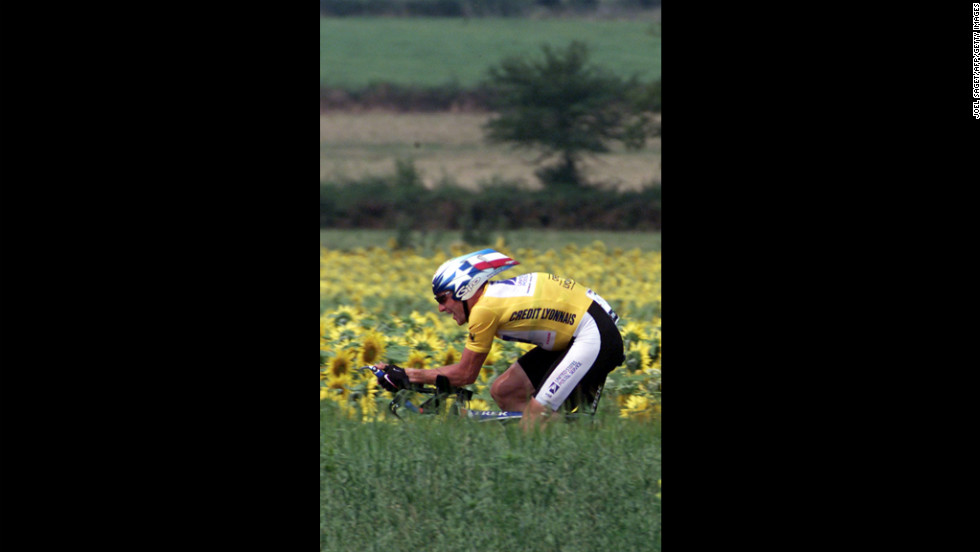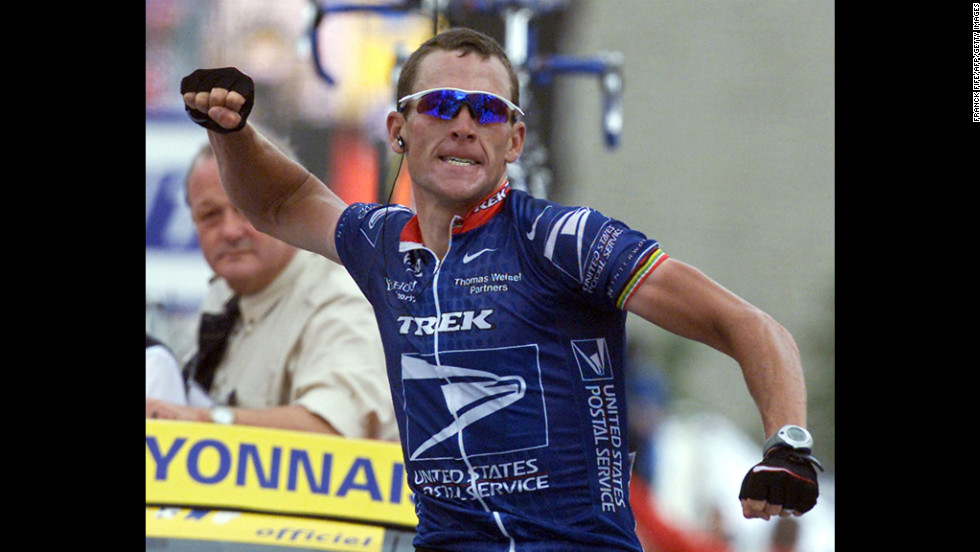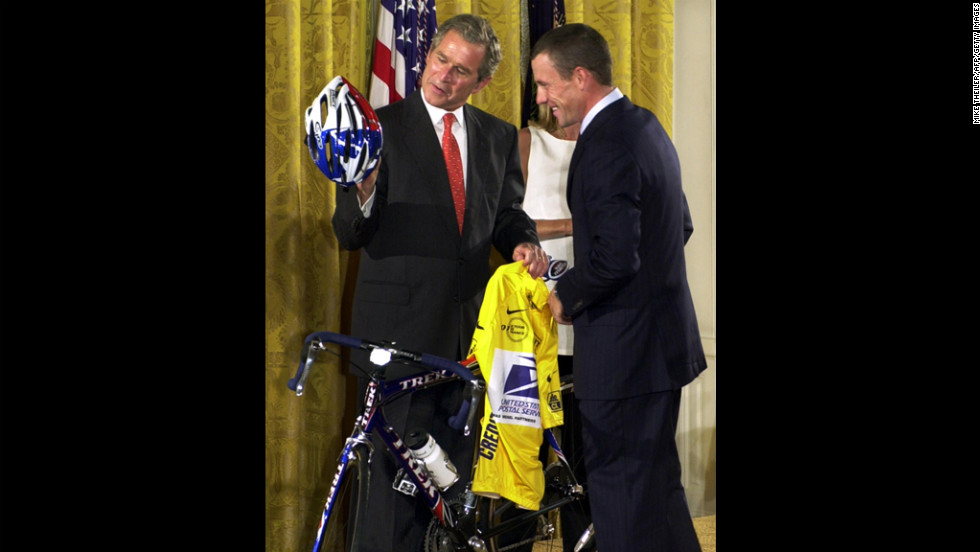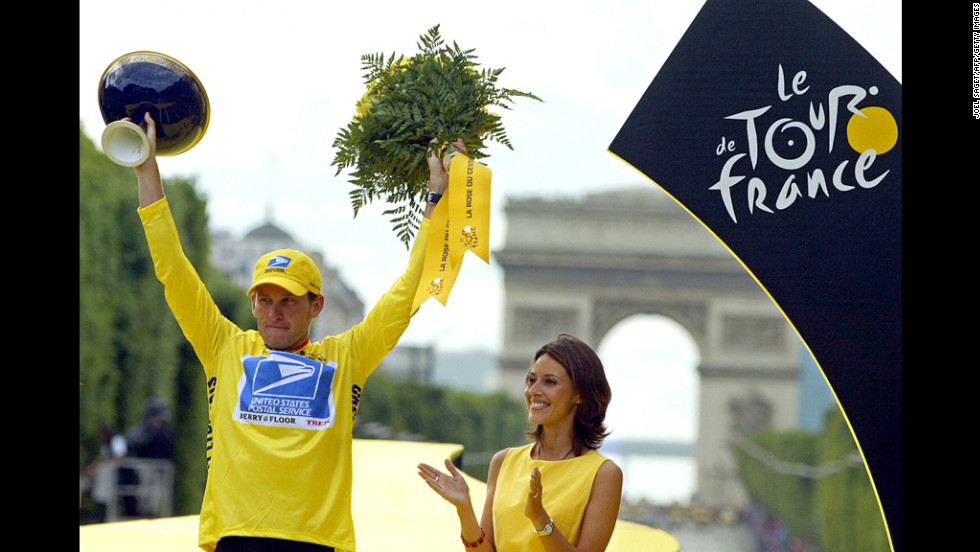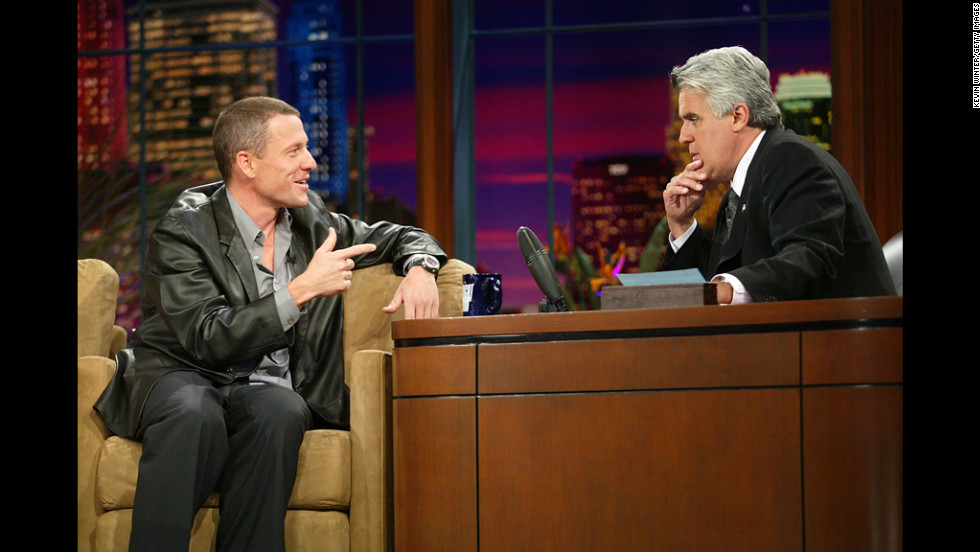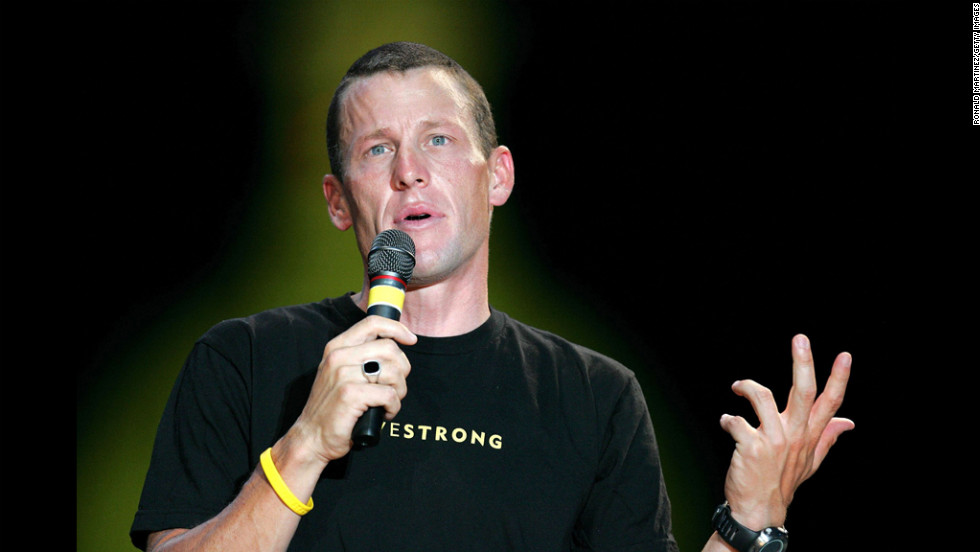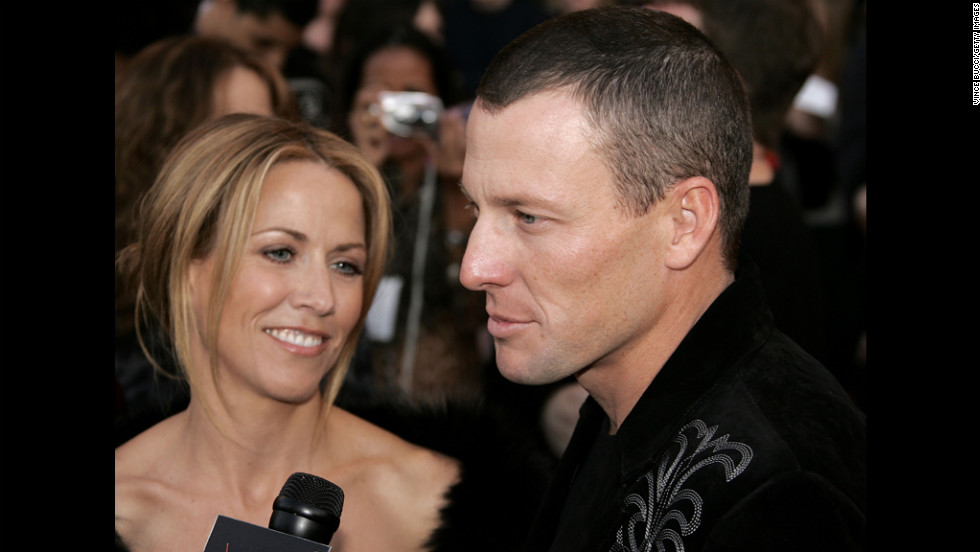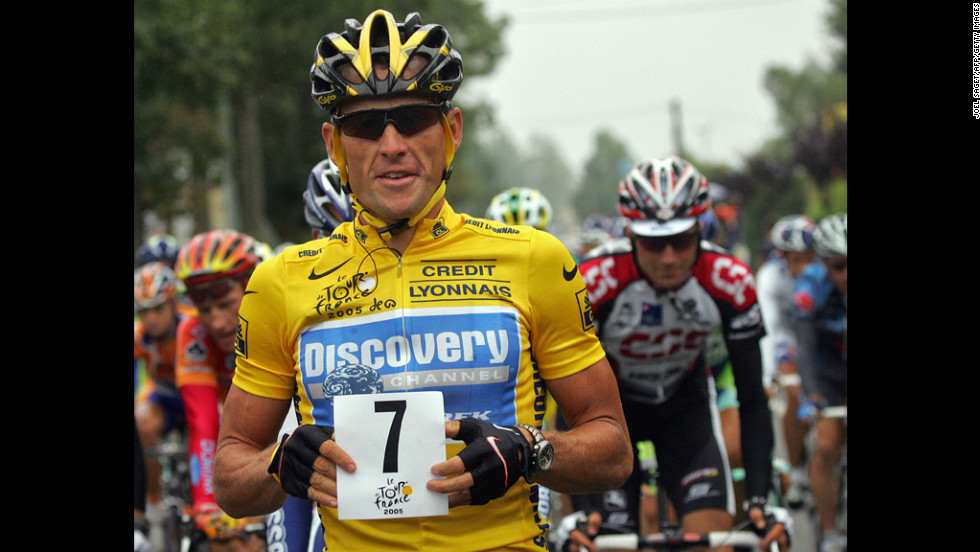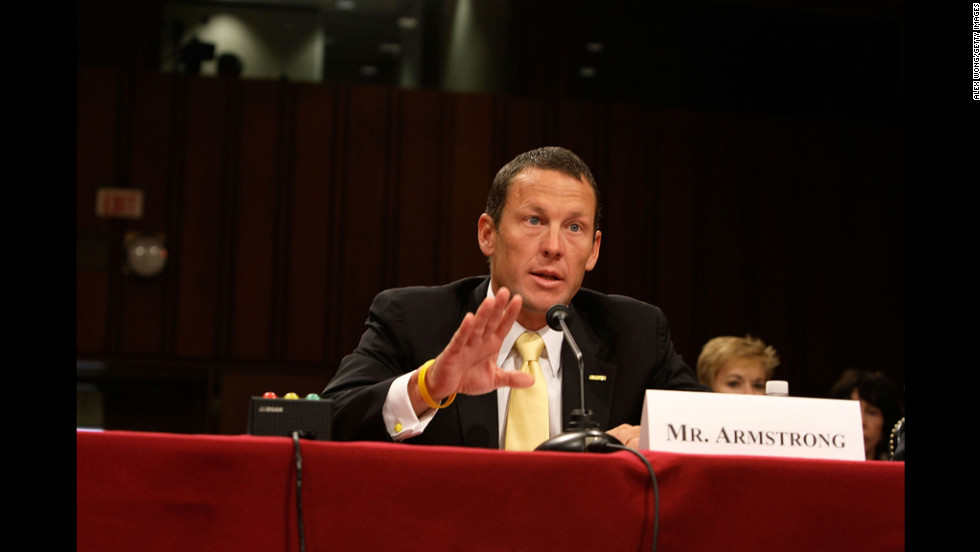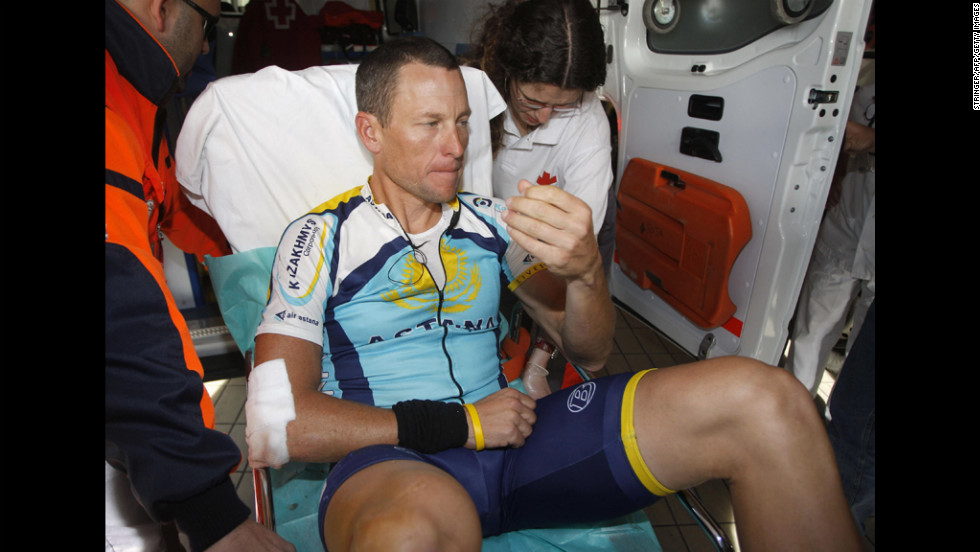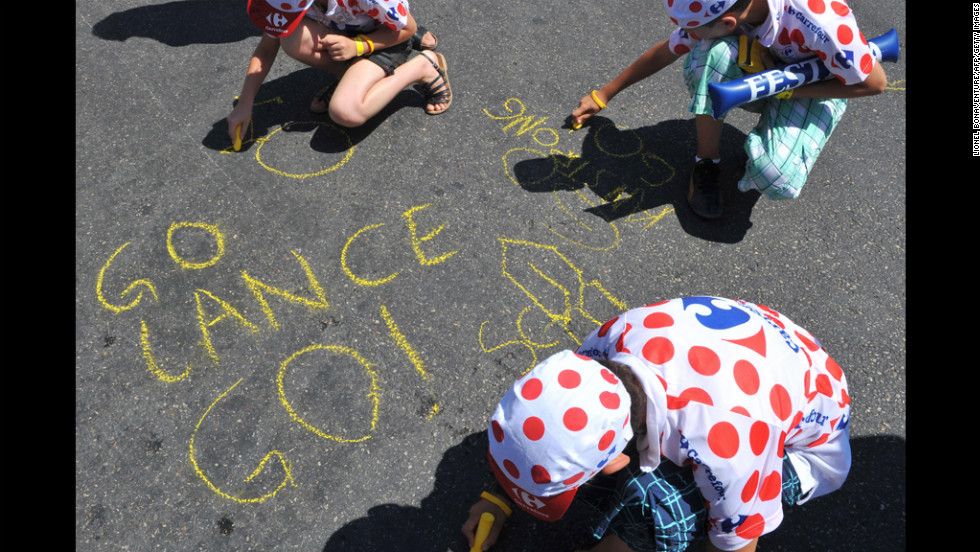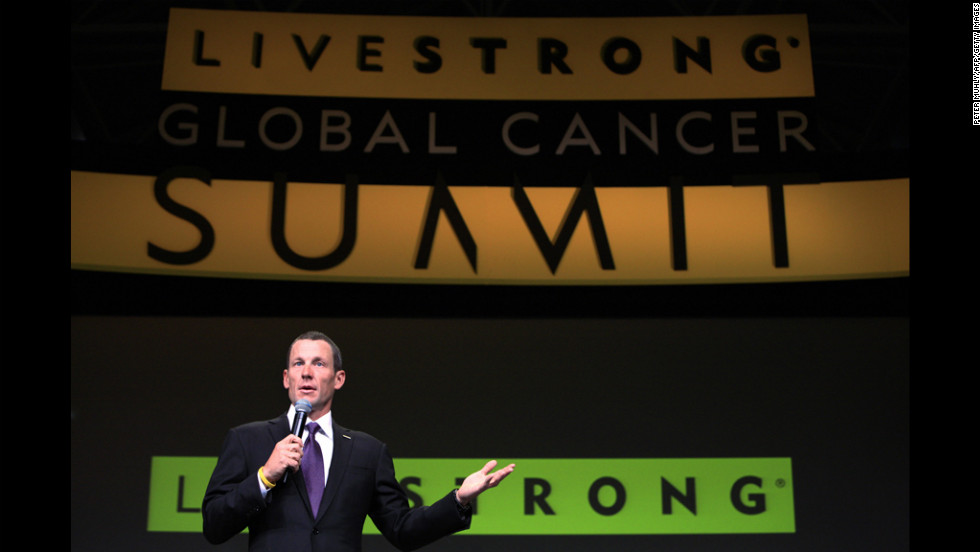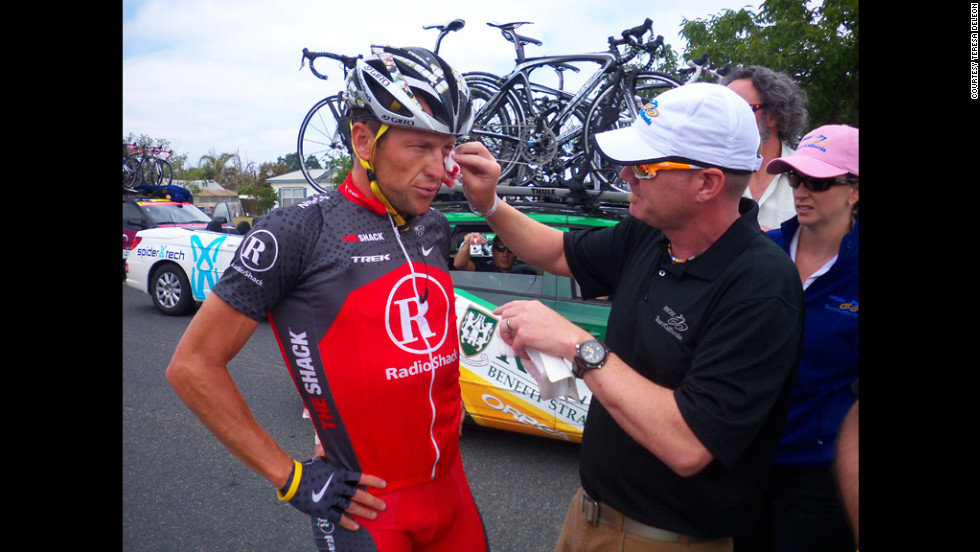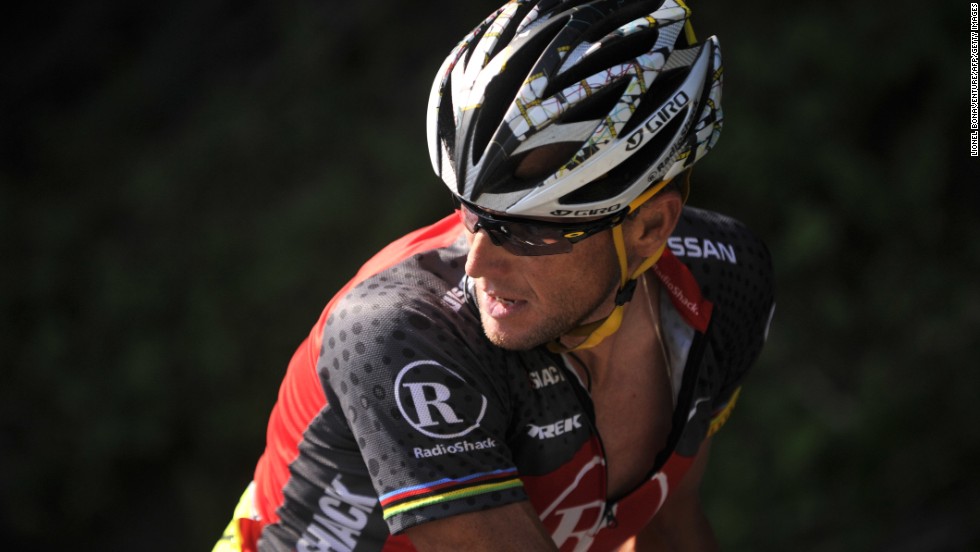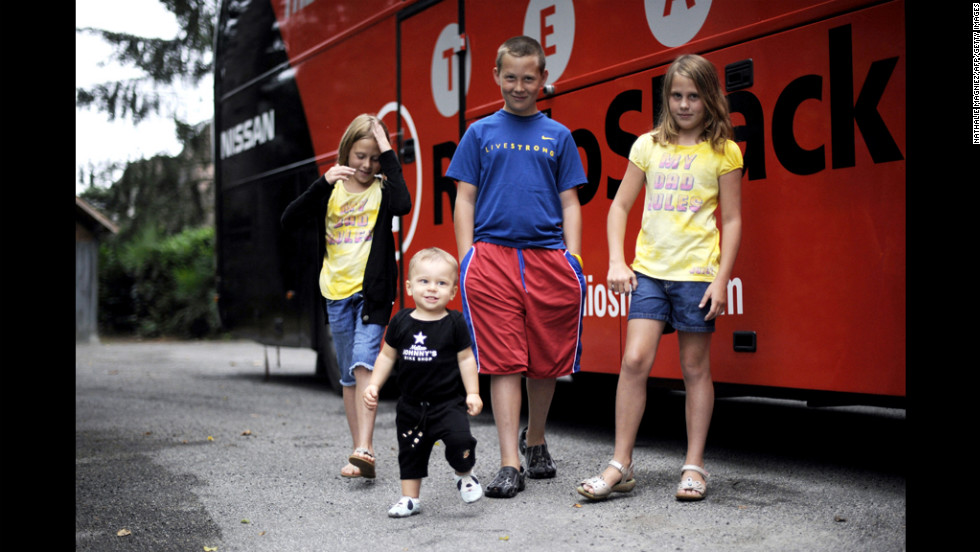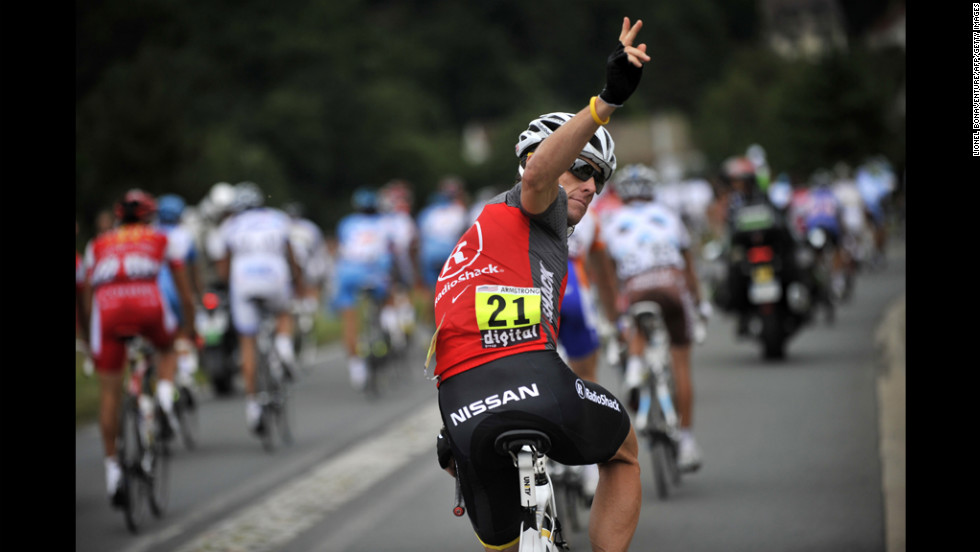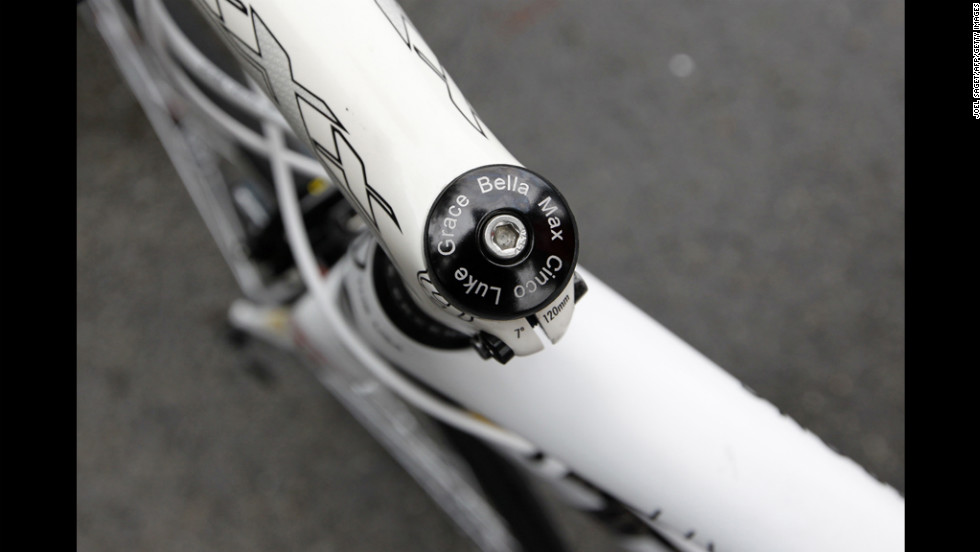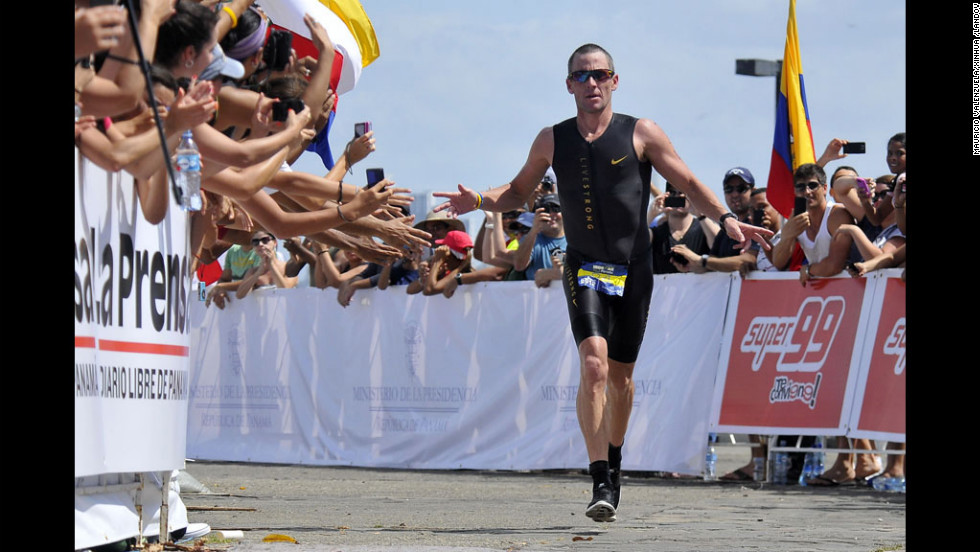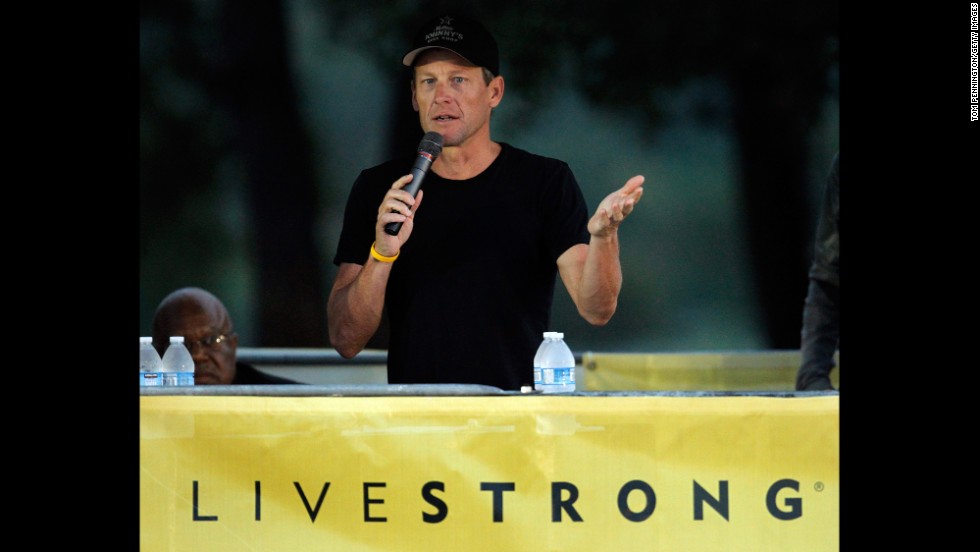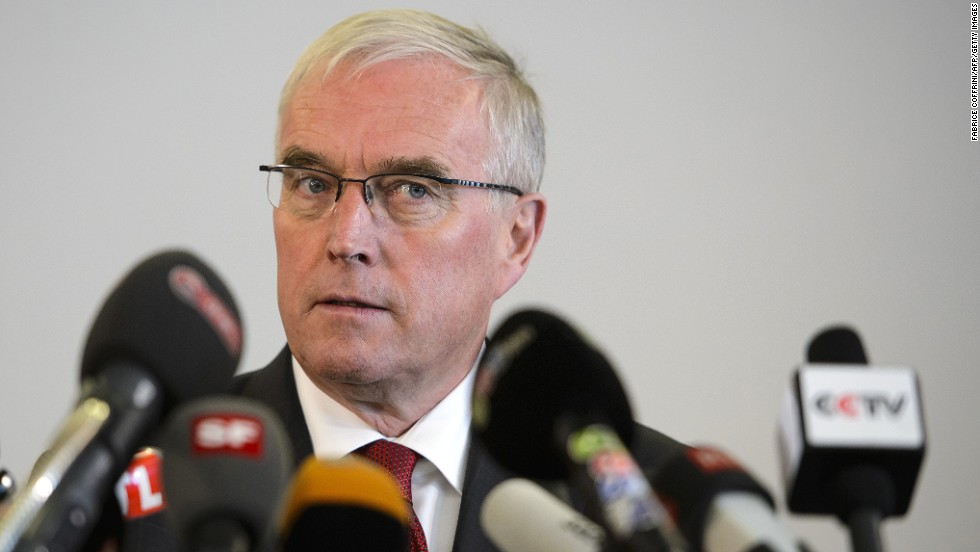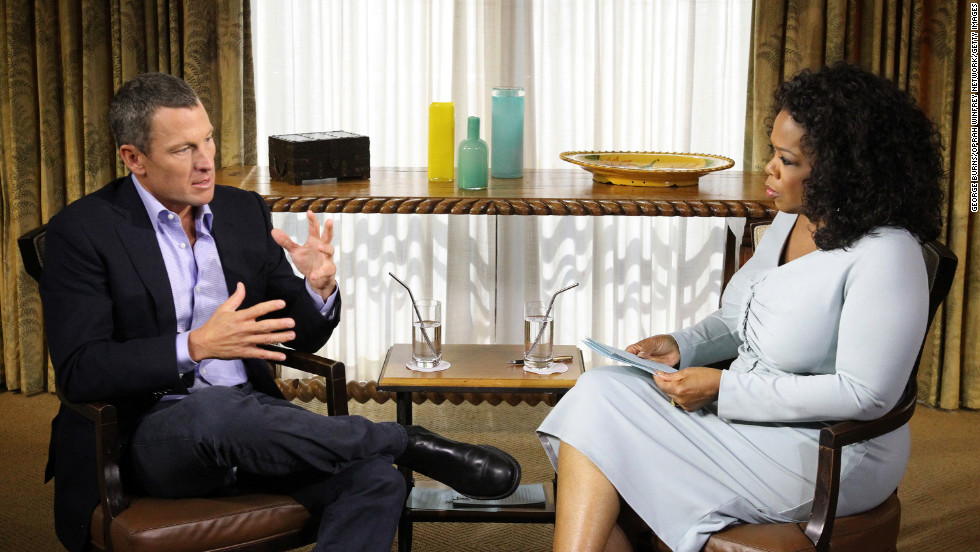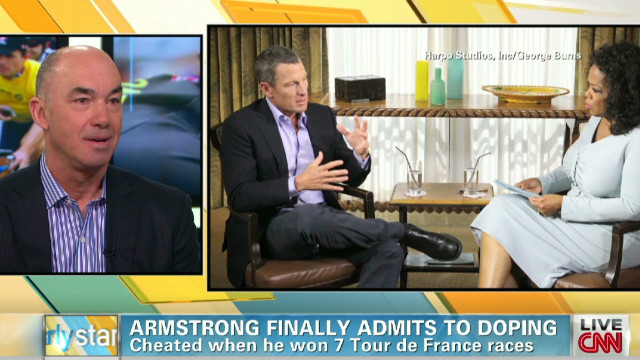Story highlights
- Former pro racer says sport is cleaner than it was when dopers ruled
- Scandal has turned a lot of people off to sport, cycling journalist says
- Sponsors have left, too, but some say that's just business
- Americans need a hero and one young rider is on everybody's mind
In July, when the riders of the Tour de France headed into Paris during the final stage of the race, they gave the honor of leading the pack onto the Champs-Elysees to George Hincapie.
The 39-year-old American was immensely respected by his peers and well-loved by cycling fans even though he never won the event. Never even came close.
He will best be remembered, not as a two-time stage winner in cycling's greatest event, but as Lance Armstrong's main sidekick, his "best bro."
While Armstrong rode for glory, Hincapie rode for the team.
Armstrong and Hincapie were teammates even before Armstrong won his first individual Tour titles, compatriots on a team that was struggling to compete with others.
Until the two started taking performance-enhancing drugs.
Hincapie has said that it was 1996 when he first began to take banned drugs to improve his racing, something he said he would do for 10 years. If he hadn't, he wouldn't have been able to compete with the best cyclists, he said.
The sport is much cleaner now, he said by phone this week from Greenville, South Carolina, as he transitions into the next phase of his cycling life.
"Generally speaking there isn't doping any more," Hincapie said. "I can't say without a doubt that no one is no doping, but the culture definitely has changed."
Armstrong, in an interview aired this week, told Oprah Winfrey he engaged in doping from the mid-1990s to 2005, the year of his last of seven Tour de France titles and when he began his first retirement.
The perception of doping in the sport has lingered, even though Hincapie and others have said they stopped doping and subsequently raced clean.
Cycling officials have taken steps to cut down on the number of drug cheats, Hincapie said.
Great damage has already been done.
"The credibility of the sport is at an all-time low," Chris Keyes, editor of Outside magazine said. "And it'd be a mistake to pin that all on Lance Armstrong."
"It's tragic for what (doping) has done to a great sport and it's going to be a long time before it recovers," Keyes said.
Some professional teams have seen sponsors leave -- something some in cycling see as fallout from the doping scandals but others see as a barometer of the world economy.
Richard Schwinn, co-founder of Waterford Precision Cycles, said sponsors often come and go, depending on the how well their businesses are doing.
It costs at least $5 million a year to run a top-flight team, he said, which might not be much for a big bank one year, but may be too much the next.
Keyes and Bicycling magazine editor Peter Flax say disappearing marketing money has more do with the fact that some sponsors don't want to be associated with a sport that has been so prominently linked to cheating.
Its effect reaches beyond the elite teams.
"Tour de France teams have had to cobble together new sponsors and get more sponsors," Flax said. "And there are fewer lower level pro teams. It's a sad moment in time that will take a while to rebuild from."
While Armstrong was king, U.S. TV ratings soared and dollars rolled in. After he retired, the numbers plunged.
Armstrong's fall makes it a lot less likely that cycling will ever reach the popularity on television it did when the Texan was astonishing the world with his comeback from cancer, Keyes said.
It isn't like cycling is totally going in reverse.
Among recreational cyclists, the sport is as popular as ever. About 39 million Americans ride at least six times a year, according to the National Sporting Goods Association.
"The bicycler retailer industry seems to be showing growth that equals population growth," said Schwinn, whose company makes upscale specialty bikes.
A lot of that comes because more cities have come to realize how much good bike facilities -- bike lanes and multi-use paths -- enhance life for residents, he said.
Still, just because more people are riding road bikes and commuting to work doesn't necessarily lead to a similar increase in fans, especially casual ones, watching cycling on TV.
It will probably take success of another American star.
When asked who might be the U.S. guy to watch in the Tour de France this year, each person interviewed pointed to Tejay van Garderen, a 24-year-old who was fifth in last year's race and won the event's best young rider award.
He may not have the back story of Armstrong or the Texan's strong personality, but he's very likeable.
"Tejay is really low key," Flax said. "There's not a lot of strutting and ego coming out of him. He's someone people feel like they can believe in."
He and Taylor Phinney, another promising young rider, are members of the BMC team, which features 2011 Tour winner Cadel Evans. Flax thinks van Garderen has a chance to finish in the top three, even though he'll be supporting Evans' chances.
Hincapie, who puts on a series of spring races and owns a development team of young riders, believes the sport as a whole is in good shape.
"Cycling has gone through some drama for sure, but racing is as popular as ever," he said. "People still love racing their bikes."
And he said more people than ever were attending cycling events, at least as he sees the crowds.
Those people almost become addicted to a sport where the beauty of the course belies the intense demands on riders, Hincapie said.
"The people that are in it, they are not going to go away," he said.
